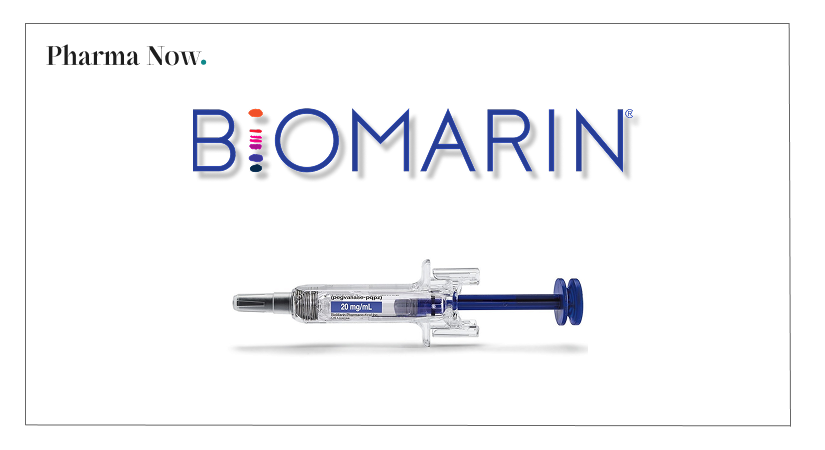FDA Accepts BioMarin’s PALYNZIQ sBLA For Priority Review To Treat Adolescents With Phenylketonuria
FDA grants Priority Review to BioMarin’s sBLA for expanding PALYNZIQ® use to adolescents with PKU, with a PDUFA date of February 2026.
Breaking News
Oct 30, 2025
Vaibhavi M.

BioMarin Pharmaceutical Inc. announced that the U.S. Food and Drug Administration (FDA) has accepted for Priority Review its supplemental Biologics License Application (sBLA) seeking to expand the approved use of PALYNZIQ® (pegvaliase-pqpz) to include adolescents aged 12–17 years with phenylketonuria (PKU). The PDUFA target action date is set for February 28, 2026. BioMarin also plans to share supporting data with the European Medicines Agency (EMA) to pursue a similar label expansion in the European Union, potentially extending access to younger PKU patients globally.
"Adolescents and young adults with PKU need better options that can deliver meaningful reductions in blood Phe levels and provide greater dietary freedom," said Greg Friberg, M.D., Executive Vice President and Chief Research & Development Officer at BioMarin. "The results we observed in the PEGASUS trial demonstrated the potential PALYNZIQ can offer to help adolescents achieve guideline-recommended and even normal Phe levels, while eating significantly more protein from whole foods. For more than two decades, BioMarin has led the way in driving scientific progress in partnership with the PKU community, and we look forward to working closely with the FDA with the goal of expanding treatment with PALYNZIQ to adolescents as soon as possible."
The submission is supported by results from the Phase 3 PEGASUS trial, a multi-center, open-label, randomized controlled study involving 55 adolescents aged 12–17 with PKU. The trial compared PALYNZIQ plus diet versus diet alone, with primary endpoints assessing changes in blood phenylalanine (Phe) concentration and overall safety profile in adolescents. Secondary endpoints included pharmacokinetic data and changes in total dietary protein intake. The study consists of a 73-week primary treatment phase followed by an 80-week extension phase, allowing longer-term monitoring and crossover for participants initially in the diet-only arm.
Data from PEGASUS, recently presented at the 15th International Congress of Inborn Errors of Metabolism (ICIEM) in Kyoto, Japan, demonstrated the efficacy and safety of PALYNZIQ in this younger population. PALYNZIQ remains the first and only enzyme substitution therapy approved for adults with PKU, and the proposed expansion to adolescents underscores BioMarin’s ongoing commitment to improving outcomes and treatment accessibility for people living with phenylketonuria.
